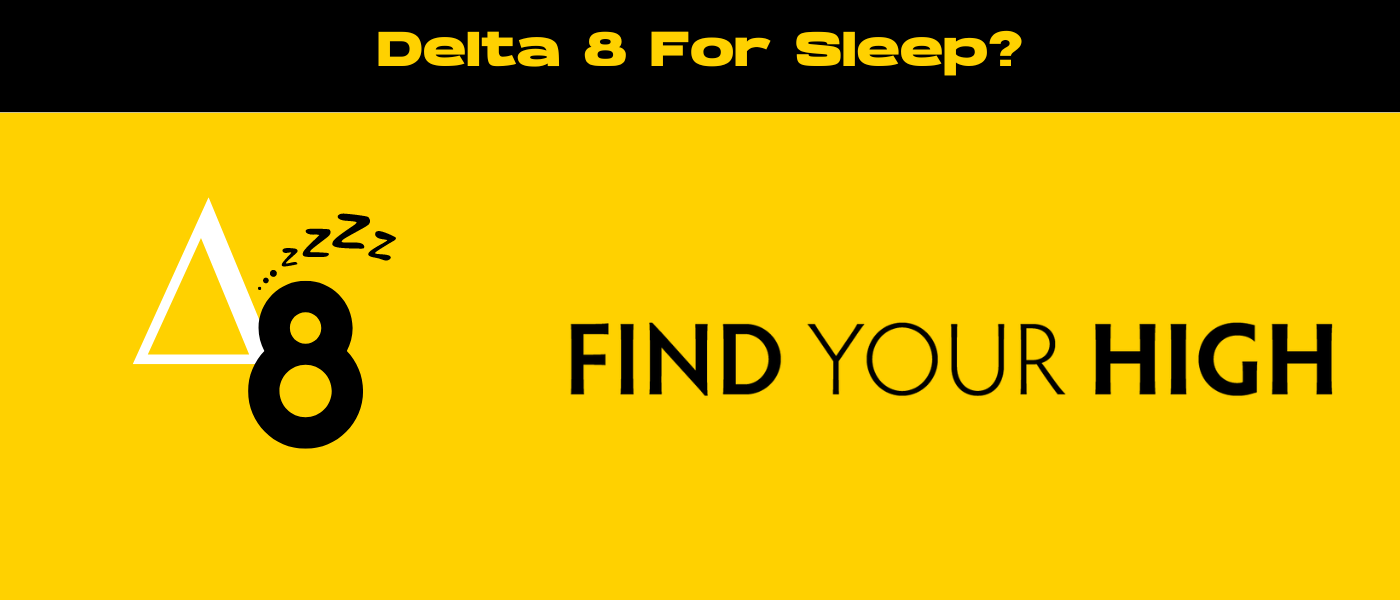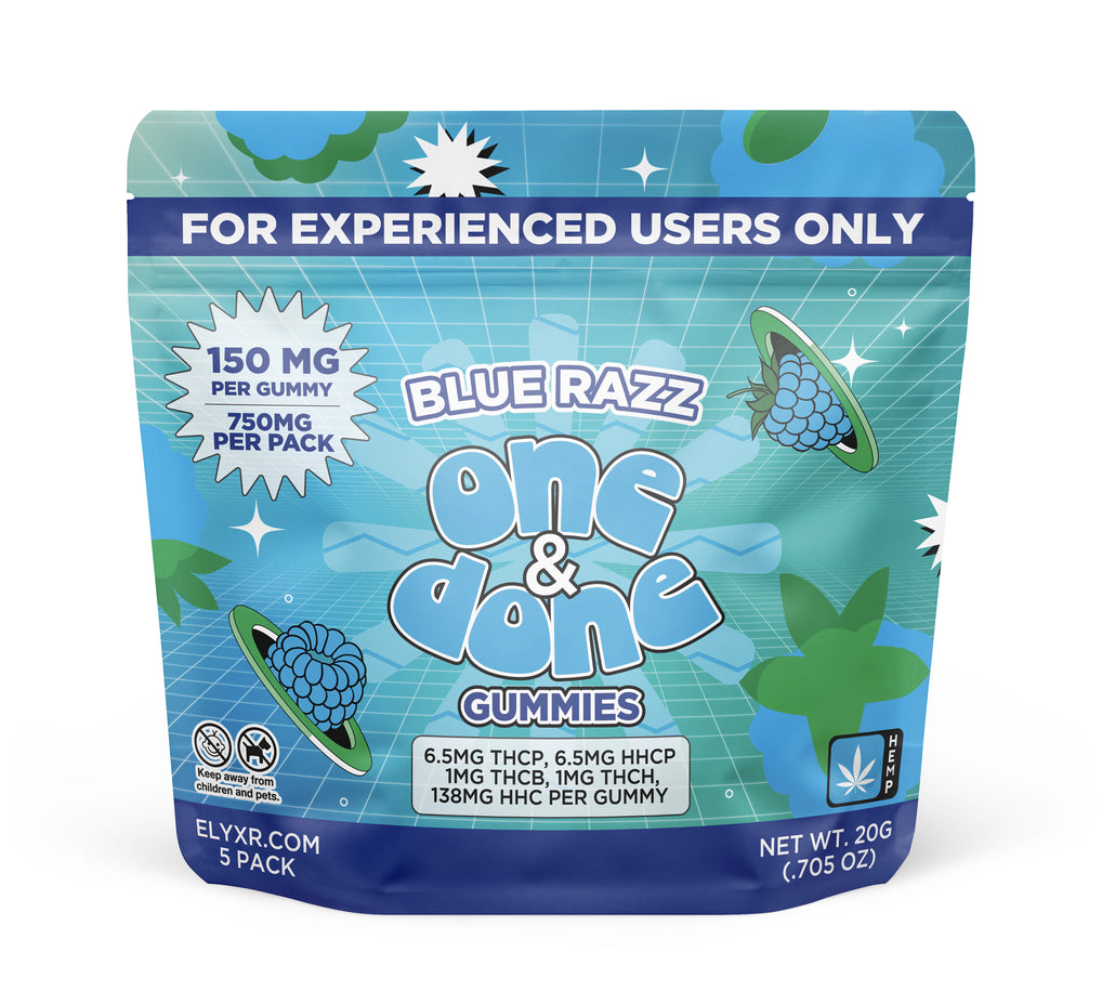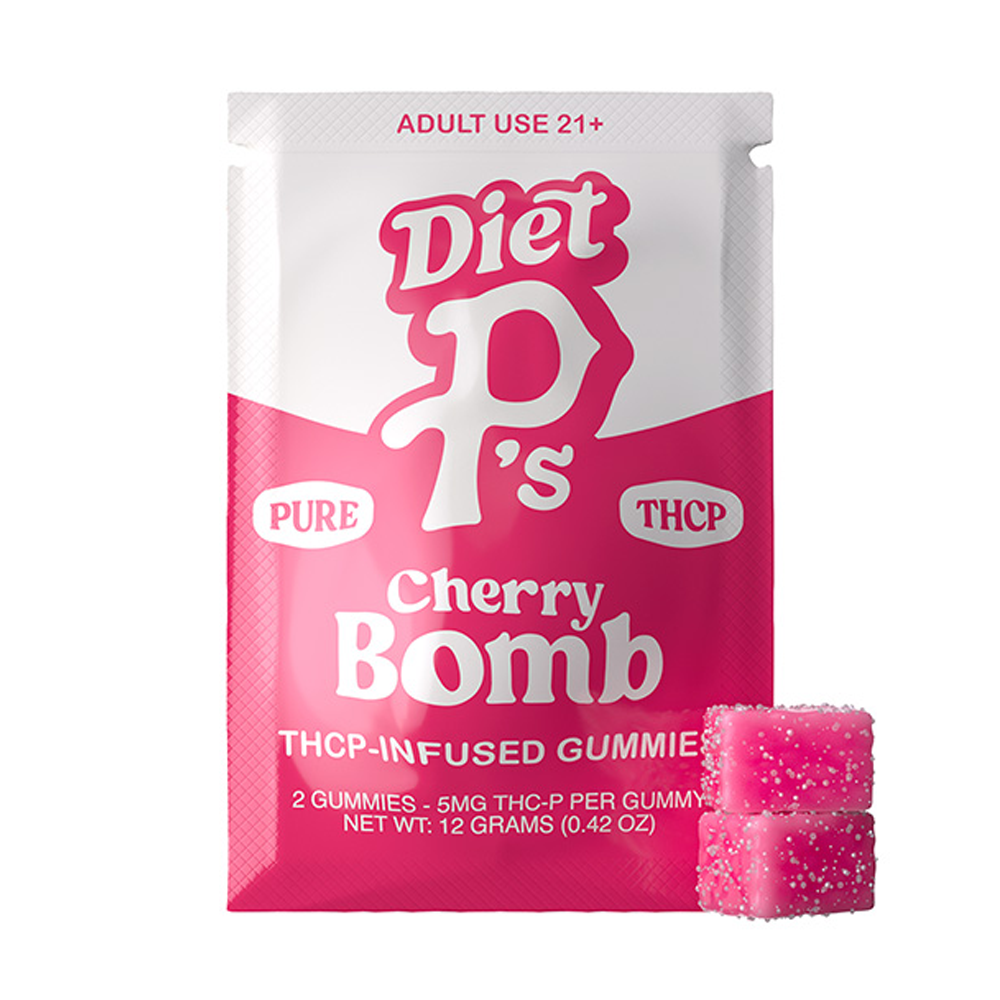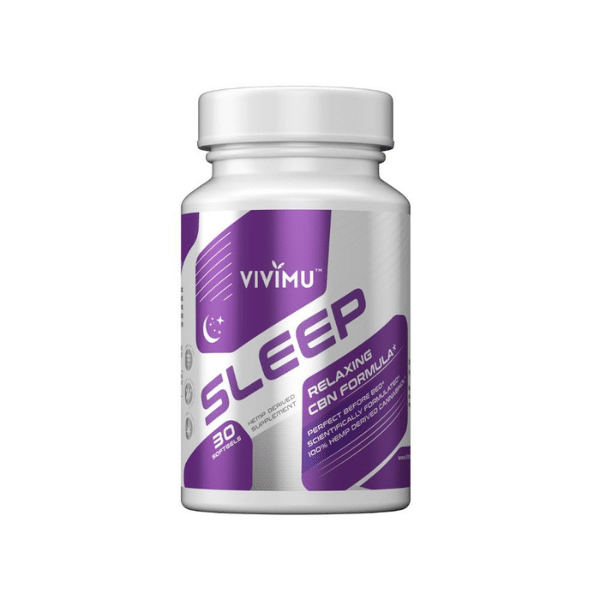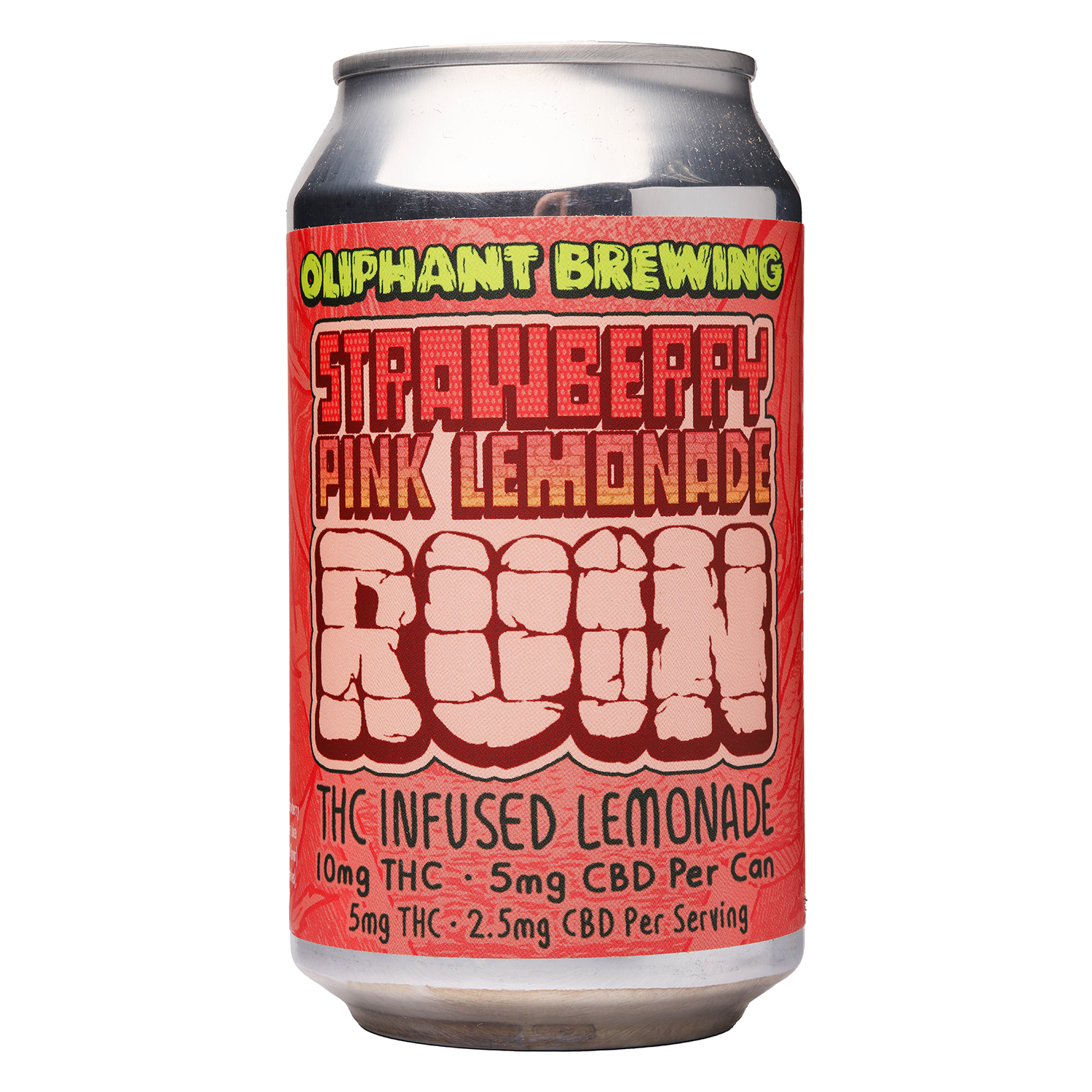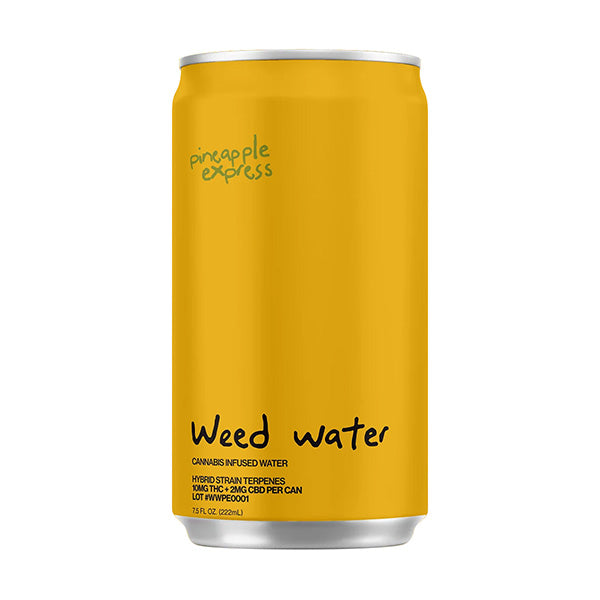In the world of cannabinoids, Delta 8 THC has recently gained attention for its potential as a natural sleep aid. If you’ve been struggling with sleep issues or simply want to enhance your rest, you might have wondered if Delta 8 for sleep could help.
In this blog, we’ll dive into everything you need to know about Delta 8 and how it could be the sleep solution you’ve been searching for.
What is Delta 8?
Delta 8 THC is a naturally occurring cannabinoid found in hemp and cannabis plants, and while it’s chemically similar to its more famous cousin, Delta 9 THC, the effects are notably different.
Delta 8 is less potent and produces a milder high, making it appealing to people who want the benefits of THC without the overwhelming effects of Delta 9. This makes Delta 8 a great option for restful sleep, as it offers relaxation and relief without the paranoia or anxiety some people experience with traditional THC.
In the past few years, Delta 8 has gained popularity in the wellness and medical cannabis communities due to its gentle effects and versatility. For people struggling with deep sleep, Delta 8 has been particularly praised for its ability to promote relaxation and improve sleep quality in a more manageable way than stronger cannabinoids.
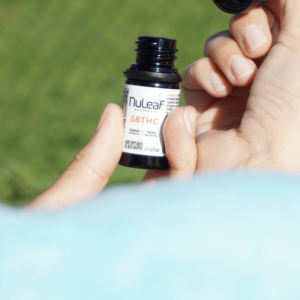
How Does Delta 8 Work for Sleep?
Delta 8 THC interacts with the body’s endocannabinoid system (ECS), a complex network of receptors that helps regulate various bodily functions, including mood, appetite, and sleep.
When you consume Delta 8, it binds to the CB1 receptors in the ECS, which are primarily located in the brain and central nervous system. This interaction can result in feelings of relaxation, mild euphoria, and drowsiness—all of which are helpful when preparing for sleep.
Compared to other cannabinoids like CBD or Delta 9 THC, Delta 8 is more sedative in its effects, making it particularly effective for sleep. While CBD is known for promoting relaxation and reducing anxiety, Delta 8 combines the calming properties of CBD with the mild psychoactive effects of THC, creating a unique experience that is both soothing and sleep-inducing.
Many people report that Delta 8 helps them unwind without leaving them feeling “too high.” The gentle effects make it easier to transition into a relaxed state, making it easier to drift off to sleep and stay asleep longer. The reduction in anxiety and mental chatter, which often keeps people awake at night, is another reason why Delta 8 is being considered a viable sleep aid.
Benefits of Using Delta 8 for Sleep
Trouble falling asleep? Delta 8 offers a number of potential benefits for people looking to improve their sleep quality. Here are some of the most notable advantages:
Reduced Anxiety
One of the biggest challenges people face when trying to sleep is anxiety. Racing thoughts, stress, and worry can make it difficult to relax and fall asleep. Delta 8 is known for its calming properties, which can help quiet the mind and reduce anxiety.
By promoting relaxation, Delta 8 allows users to feel at ease and slip into a more restful state.
Mild Euphoria
Unlike Delta 9 THC, which can lead to a strong, sometimes overwhelming high, Delta 8 produces a mild euphoria that enhances the sleep experience without leaving users feeling out of control.
This gentle “high” can help users feel more relaxed and open to sleep, without the dizziness or paranoia that some people experience with stronger THC.
Enhanced Relaxation
Delta 8’s sedative effects make it a great choice for winding down at the end of a long day. It helps lower the body’s stress levels and prepares the mind for rest, making it easier to fall asleep.
Unlike other sleep aids that might leave you feeling groggy the next day, Delta 8’s gentle effects help you feel calm and relaxed, but not overly sedated.
Improved Sleep Quality
Using Delta 8 may not only help you fall asleep faster but can also improve the quality of your sleep. Many people report deeper, more restorative sleep when using Delta 8 regularly. This means fewer wake-ups throughout the night and more consistent, rejuvenating rest — even for those struggling with sleep disorders.
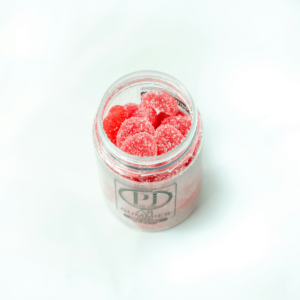
Delta 8 vs. Delta 9: Which is Better for Sleep?
It’s common to wonder how Delta 8 stacks up against Delta 9 THC, especially when considering which is best for sleep.
While both cannabinoids are derived from the cannabis plant, there are a few key differences that make Delta 8 a potentially better choice for some individuals.
Potency and Psychoactive Effects
The most notable difference between Delta 8 and Delta 9 THC is their potency. Delta 9 is much stronger and tends to produce a more intense high, which can sometimes lead to anxiety, paranoia, and racing thoughts. This can make it difficult for some people to fall asleep, especially if they’re sensitive to THC.
Delta 8, on the other hand, offers very milk psychoactive effects and is much less likely to cause these side effects. The less intense effects of Delta 8 make it an ideal option for those who want to experience the relaxing benefits of THC without feeling overwhelmed.
Sleep-Inducing Properties
While both Delta 8 and Delta 9 THC can promote sleep, Delta 8’s milder effects and lower psychoactivity make it better suited for individuals who want a restful night without the potential discomfort of a stronger high. Many users report that Delta 8 helps them fall asleep more easily and stay asleep longer than Delta 9.
Which is Better?
For those specifically looking for a sleep aid, Delta 8 may be the better option due to its gentler effects. Delta 9 THC, while effective for some, can sometimes be too intense, especially for those who are sensitive to THC.
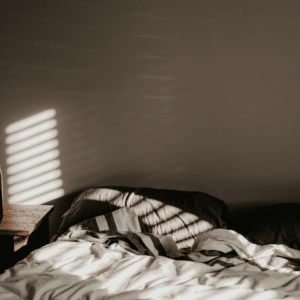
Is Delta 8 Safe for Sleep?
When used responsibly, Delta 8 is generally considered safe. However, like any cannabinoid, it’s important to be mindful of your dosage and how your body reacts. Here are a few things to keep in mind:
Side Effects
Delta 8 is known for its relatively mild side effects compared to Delta 9 THC. Some common side effects of Delta 8 include:
- Drowsiness: While this is typically a desired effect when using Delta 8 for sleep, it can be overwhelming for some individuals.
- Dry Mouth: This is a common side effect of many cannabis products.
- Increased Appetite: Delta 8 may cause some individuals to feel hungrier than usual.
These side effects are typically mild and short-lived. However, it’s important to monitor how your body responds, especially when starting with Delta 8 for the first time.
Legal Considerations
Delta 8 is derived from hemp and is often marketed as a legal alternative to Delta 9 THC, which is illegal in many states. However, the legality of Delta 8 varies from state to state, so it’s important to check local laws before purchasing or using Delta 8 products.
Choosing Quality Products
To ensure safety, it’s crucial to buy Delta 8 products from reputable brands that provide third-party lab testing. This testing ensures that the product contains the advertised amount of Delta 8 and is free from harmful contaminants.
Always prioritize quality when purchasing Delta 8 products for sleep.
Dosage Recommendations for Delta 8 for Sleep
Finding the right dosage of Delta 8 for sleep is key to maximizing its effectiveness. The ideal dose varies from person to person, depending on factors like body weight, tolerance, and the severity of sleep issues. Here are some general dosage recommendations:
- Start Low: Begin with a low dose of 5-10 mg of Delta 8, especially if you’ve never used it before. This allows you to gauge your body’s response.
- Increase Gradually: If the initial dose doesn’t provide the desired effects, gradually increase by 5 mg until you find the right amount that helps you sleep.
- Optimal Dosage: Most people find that a dose of 20-30 mg is ideal for promoting sleep, though some individuals may require more.
It’s important to note that Delta 8 can have different effects depending on how it’s consumed (e.g., gummies, tinctures, vapes), so always follow the manufacturer’s dosing instructions.
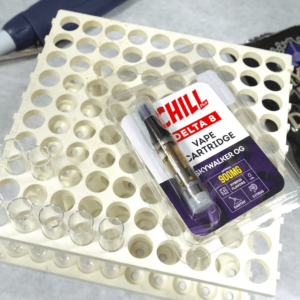
Best Delta 8 Products for Sleep
The right Delta 8 product can make a big difference in your sleep experience. Here are some of the best options:
Delta 8 Gummies: Delta 8 gummies are a popular choice due to their easy-to-dose nature and slow, consistent effects. They are perfect for those who want a relaxing, long-lasting sleep aid. Look for gummies with a lower THC concentration (5-10 mg per serving) for a mild effect.
Delta 8 Tinctures: Tinctures are great for those who want fast-acting relief. Simply place a few drops under your tongue, and the Delta 8 will be absorbed quickly into your bloodstream. Tinctures allow for precise dosing, which is helpful if you’re trying to fine-tune your sleep regimen.
Delta 8 Vape Pens: For immediate effects, vape pens are an ideal option. Delta 8 vapes work quickly, which is perfect for those who need sleep relief right before bed. However, be mindful of the potential risks of vaping and ensure you purchase a high-quality product.
Potential Side Effects of Delta 8 for Sleep
Though generally safe, Delta 8 may cause some mild side effects, including:
- Drowsiness (desired, but excessive for some)
- Dry Mouth (a common cannabis side effect)
- Dizziness or Headaches (for some individuals)
These side effects tend to be short-lived and mild. However, it’s important to start with a low dose and increase gradually to minimize the risk of unwanted effects.
Alternatives to Delta 8 for Sleep
While Delta 8 can be an effective sleep aid, it’s not the only option. If you’re looking for alternatives, consider these:
- CBD: A non-psychoactive cannabinoid that promotes relaxation and helps improve sleep quality.
- Melatonin: A hormone that helps regulate the sleep-wake cycle.
- Valerian Root: An herbal supplement used for its sedative effects.
- CBN: A lesser-known cannabinoid, CBN has sedative properties and is often used to improve sleep.
How to Incorporate Delta 8 into Your Sleep Routine
To get the most out of Delta 8 for sleep, consider integrating it into a nighttime routine. Take Delta 8 about 30-60 minutes before bedtime, and pair it with other relaxing activities like reading or taking a warm bath.
By establishing a consistent routine, you can signal to your body that it’s time to wind down.
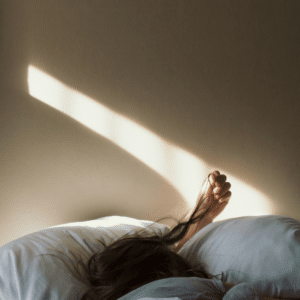
Conclusion: Is Delta 8 Right for You?
Delta 8 can be an effective, natural sleep aid for those seeking relaxation and improved sleep quality without the intense effects of Delta 9 THC. By starting with a low dose and gradually increasing it to find your sweet spot, you can enjoy the calming benefits of Delta 8 in a way that supports your individual needs. Just be sure to choose high-quality products, and consult a healthcare provider if you have any concerns.
Whether you’re new to cannabinoids or an experienced user, Delta 8 offers a unique and potentially helpful solution for improving your sleep. Give it a try, and you might just discover a peaceful night’s rest you’ve been longing for.
Frequently Asked Questions
1. What delta 8 strain is best for sleep?
When it comes to finding the best Delta 8 strain for sleep, look for strains that have relaxing, sedative effects. Some popular Delta 8 strains for sleep include Indica-dominant strains like Granddaddy Purple, Bubba Kush, and Northern Lights. These strains are known for their calming effects and potential for pain relief, which can help ease you into a restful night’s sleep. If you prefer something with a more balanced effect, Hybrid strains like Blue Dream or Wedding Cake can provide a gentle relaxation without being too heavy.
2. Why does delta 8 make me so sleepy?
Delta 8 THC binds to CB1 receptors in the brain and central nervous system, which are involved in regulating mood, stress, and sleep. When Delta 8 activates these receptors, it can produce a calming, sedative effect, helping you relax and feel drowsy. Unlike Delta 9 THC, which can be more stimulating or cause confusion, anxiety, drowsiness, and other symptoms for some people, Delta 8 offers a milder, more soothing effect, making it easier to unwind and prepare for sleep.
3. Why did delta 8 get banned?
Delta 8 THC became a controversial substance in many states due to its psychoactive effects, despite being derived from hemp. The 2018 Farm Bill legalized hemp-derived cannabinoids like CBD and Delta 8 THC at the federal level. However, as Delta 8 gained popularity, some states began to regulate or ban it due to concerns over safety, lack of regulation, and its potential misuse as a substitute for Delta 9 THC. As a result, several states have moved to ban or restrict Delta 8, leading to the ongoing legal battles surrounding its status. Always check local laws before purchasing or using Delta 8 products to ensure compliance with state regulations.




